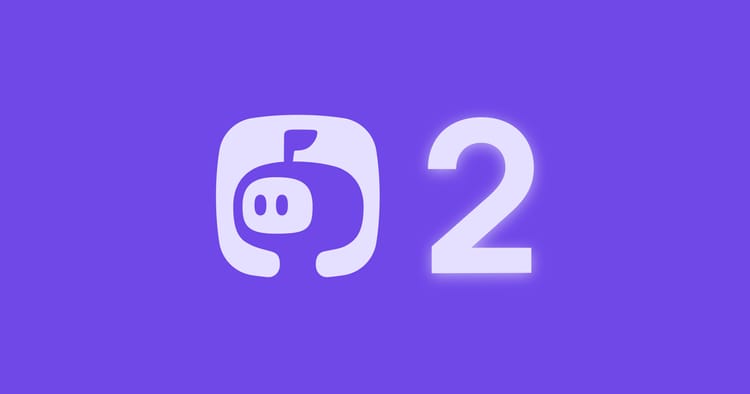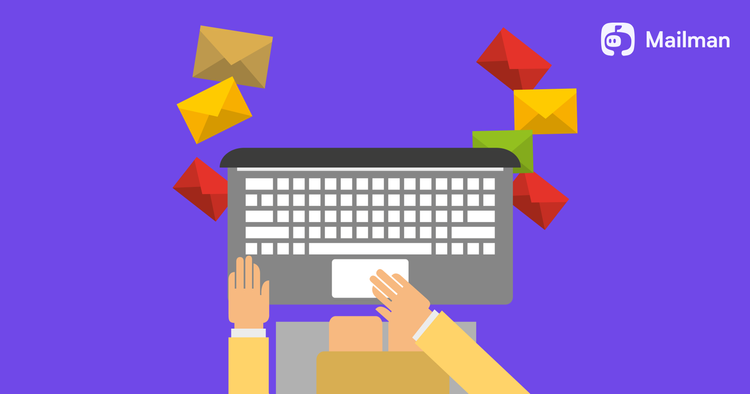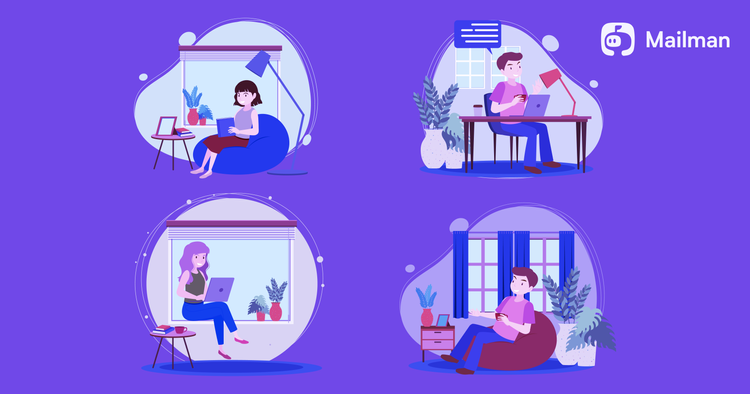5 ways to get rid of remote work distractions
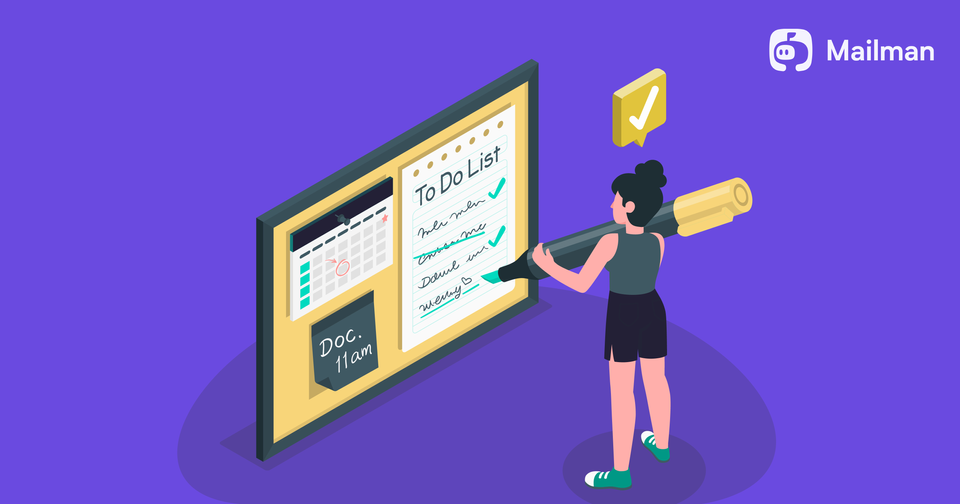
While remote work has multiple benefits—zero commute stress, working when we feel energized, healthy work-life balance, and more—it isn’t devoid of distractions (poor working environment, browsing the Internet non-stop, mobile, and more). So, if you don’t avoid them, you’ll miss your work deadlines and be inefficient.
Here are the five ways to get rid of remote work distractions to complete your tasks on time and increase your work satisfaction:

1. Create a dedicated workspace
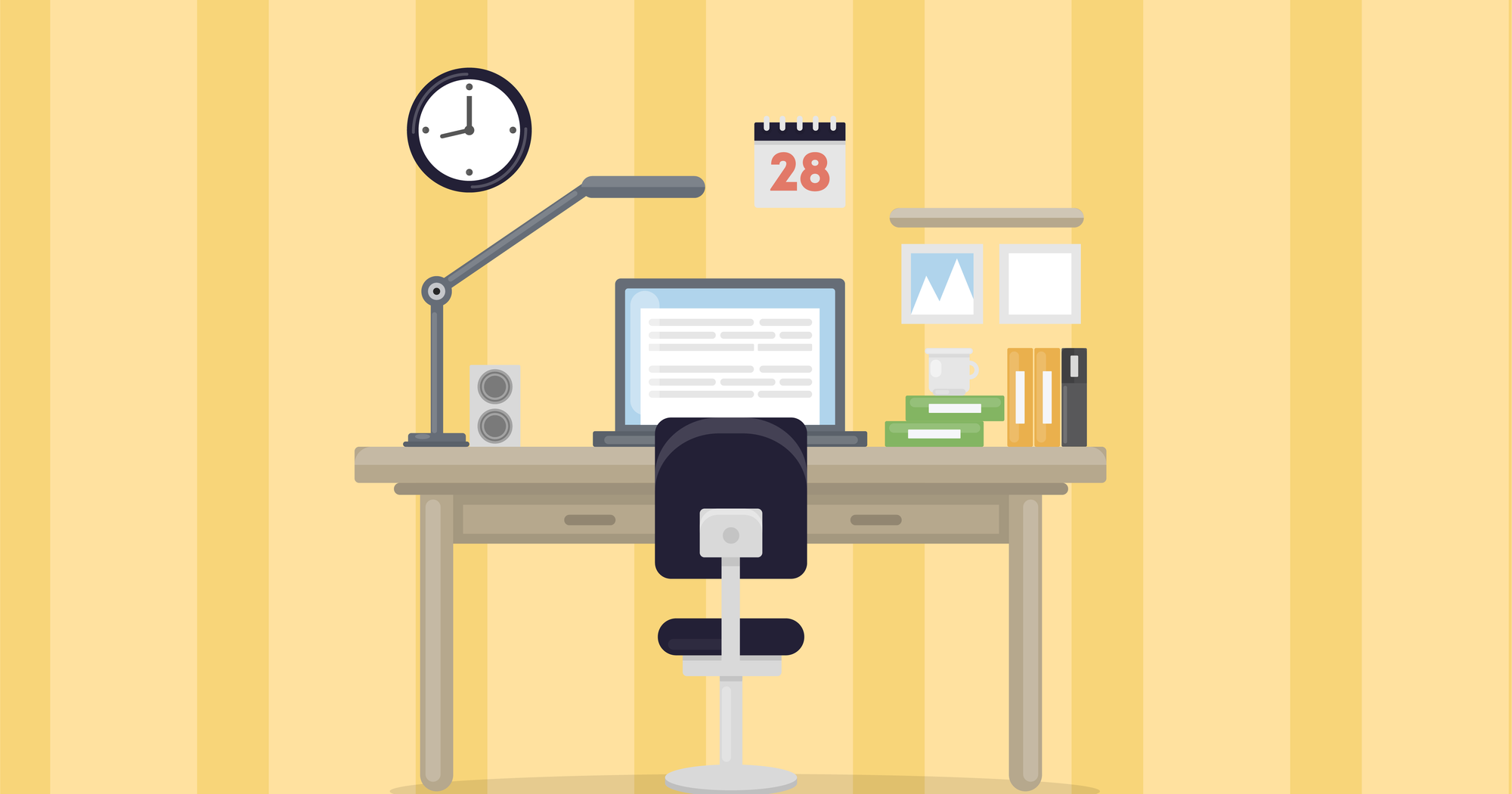
A dedicated workspace will help you separate work from your home life. You’ll have a place where you can restrict your family members not to visit and keep all the distractions (TV noise, family gatherings, and more) away.
If you have a separate room, you can create your office over there. But if you don’t, a corner that can host a desk, laptop, and other work essentials is good to go.
Ensure you create strict working hours and stick to your schedule. This discipline will improve your focus and help you create a working environment—necessary to get rid of distractions and help you get in the work mode fast.
2. Set boundaries
You must ask your family to avoid constantly passing by your home office and assigning you duties during your working hours. Tell them you’ll do all the home tasks outside your working hours.
Set the same boundaries with your colleagues. Communicate your working hours with them and ask them to collaborate with you only during those hours. Say no to requests outside your schedule. Also, avoid meaningless meetings. Plus, never set the impression that you’re available 24/7 because they’ll pile you up with requests—causing your burnout.
3. Use the right tools
The right remote tools and resources are critical to keeping distractions away.
Here are some to help you:
a) Use Freedom to block distracting websites (social media sites, YouTube, random blogs, and more) and apps.
b) Use Mailman to control your inbox. With it, you can postpone email receiving during your working hours, pre-set hours to receive emails only during certain hours in the day, block unimportant email senders, and more.
c) Use Krisp to cancel unwanted background noise during meetings.
d) Set up a high-speed internet connection—so you can do uninterrupted work.
4. Rest
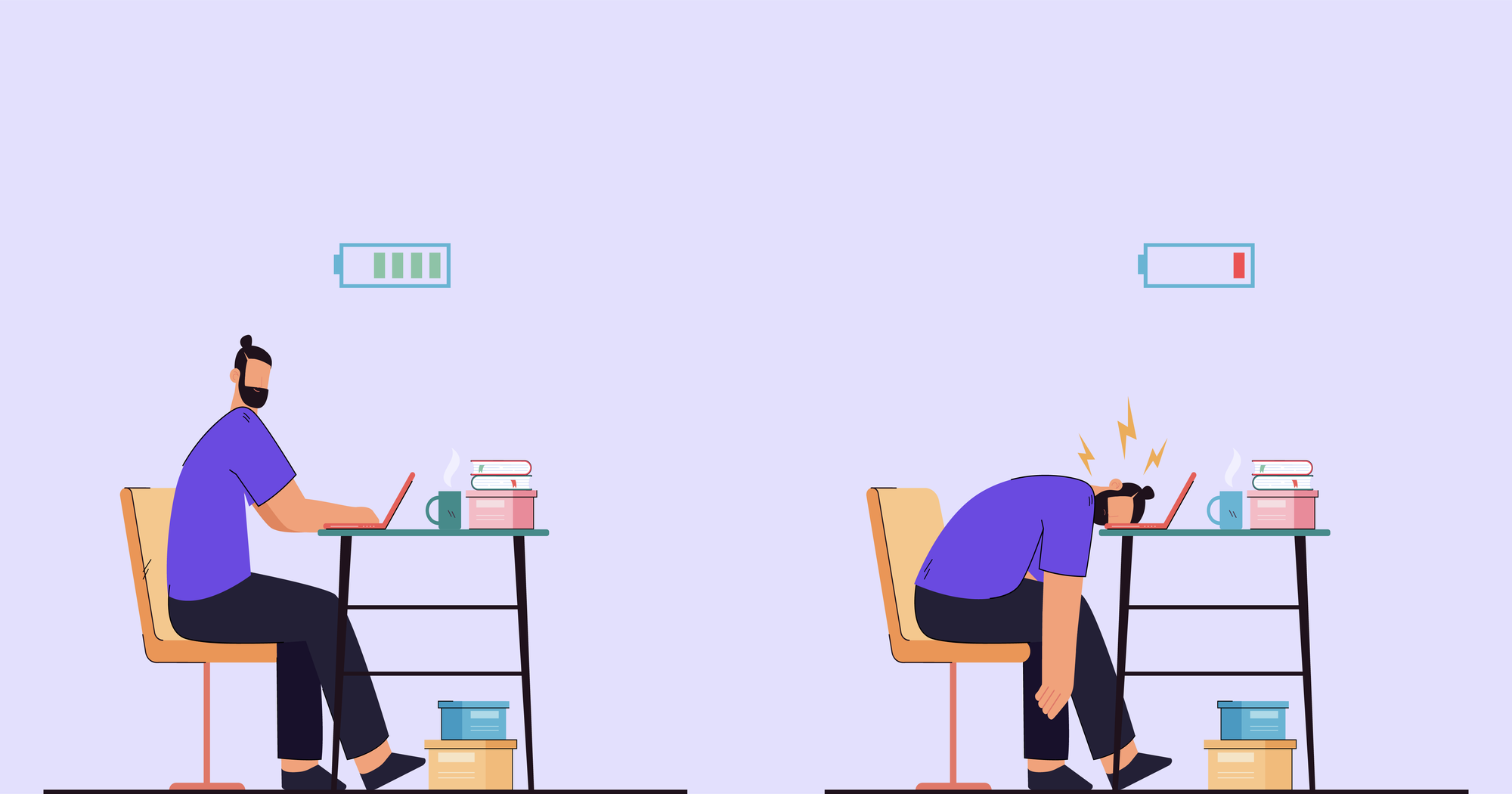
If you work non-stop, you’ll experience fatigue, burnout, and motivation loss. Without rest, you’ll distract yourself and find reasons not to work. So, when your body signals you to rest, do it. Your body needs to recharge to reclaim focus and energy to extend your productivity levels.
Take short breaks every 2-3 hours. You can read books, engage in your hobby, walk, or just sit and relax. Also, don’t work on weekends (unless necessary).
5. Know what distracts you

Everyone has a few triggers that lead to wasting hours. It could be checking your phone every 30 minutes, kids, opening multiple non-work-related browser tabs, or agreeing to every request of your colleague.
When you know what distracts you, you can work toward avoiding it. Of course, you won’t know immediately. So, every day/week, analyze what distracted you or led you to waste time.
Asking questions like “What sucks my work energy?” and “What distracts me from work?” will help you be aware of your distractions. Once you know, work on avoiding them and be patient. The distractions won’t just go away on day 1—so don’t be harsh on yourself if you aren’t getting rid of them right away. But ensure you continuously work toward it and get rid of them within 30 days.

